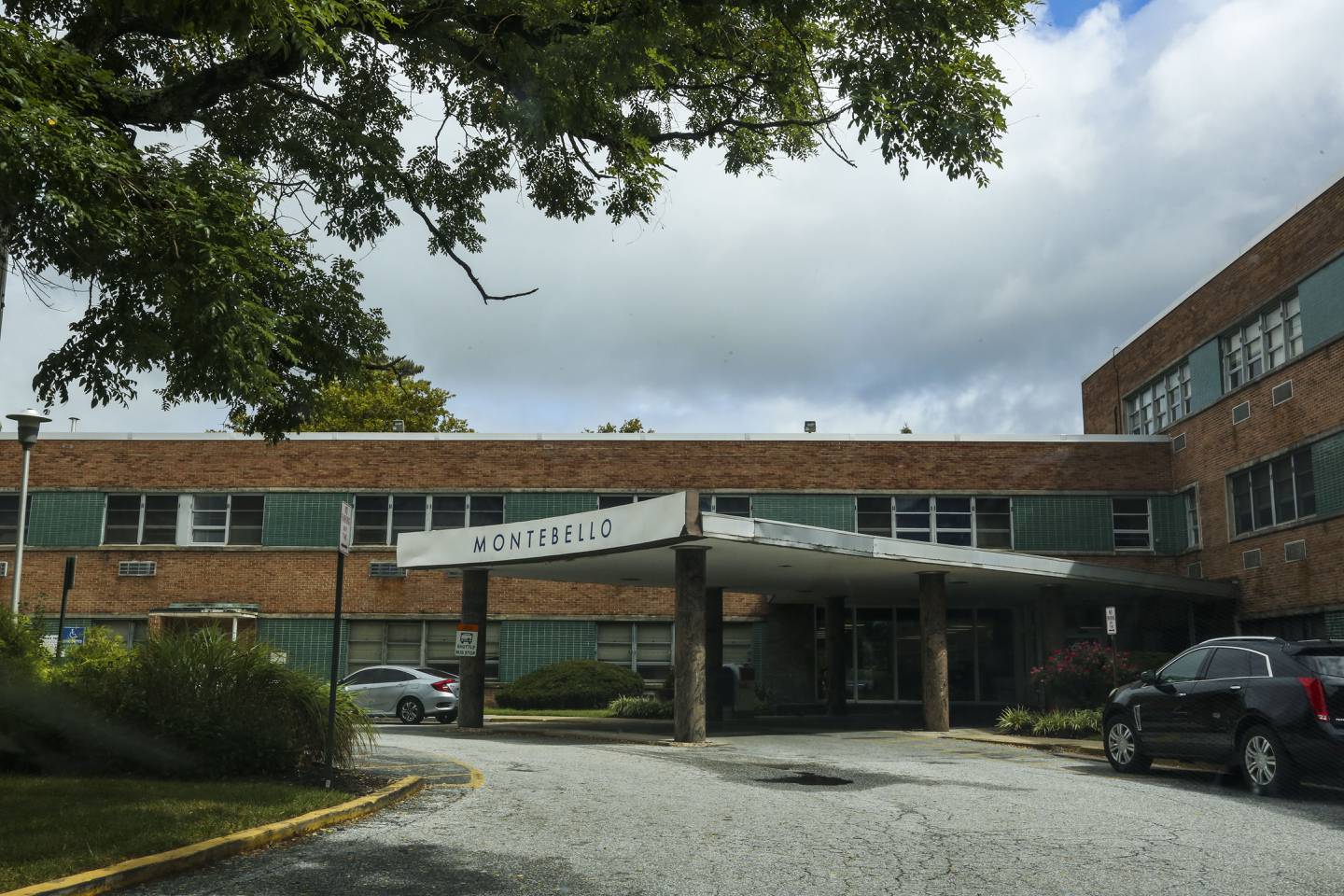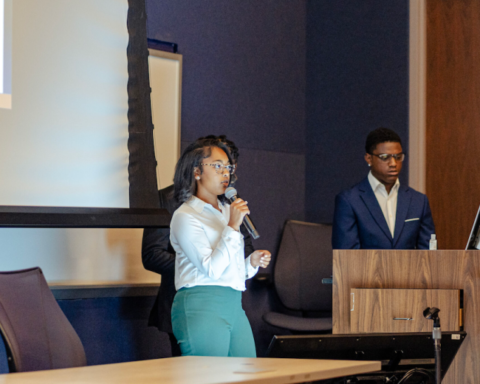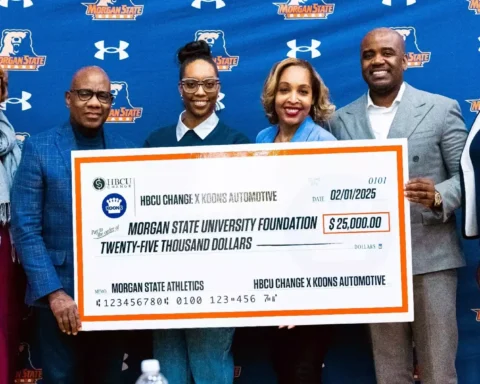Courtesy of Morgan State University
Morgan State University is one step closer to opening the first new medical school affiliated with a historically Black college or university in nearly 50 years after winning state Board of Public Works approval to lease space for the school on its Baltimore campus.
The proposed Maryland College of Osteopathic Medicine at Morgan State has two primary goals, the founders say — increase the number of Black doctors entering the profession and, in turn, increase Black Baltimore residents’ access to physicians that look like them. Fewer than one in 10 medical school graduates today are Black, American medical college data shows.
lanning for the proposed school began in 2018 when representatives of a Denver-based company called Salud Education approached administrators at Morgan State to gauge their interest in partnering to start a new institution. The company previously helped to open medical schools at New Mexico State University, Idaho State University and elsewhere.
“It’s not that we wanted a medical school,” said Sidney Evans, Morgan State’s executive vice president for finance and administration. “The medical school wanted us.” But now, Evans considers his years of planning to get the new school off the ground “one of the most fulfilling professional opportunities I’ve had.”
Medical schools connected to state colleges and universities are typically subsidiaries of them. In this case, the proposed medical school will be a separate, privately operated entity affiliated with Morgan. That means no state funding will be needed to build a facility for the school or operate it.
The new school will be constructed on Argonne Drive, where the Montebello Complex sits now. The state of Maryland gave the facility to Morgan State after the former hospital closed in the 1980s, and the university previously used it as administrative office space, Evans said. It now plans to demolish the facility to make way for the proposed medical school, planning documents show.
Besides being the first new medical school at an HBCU in decades, the proposed Morgan State medical school will be the first osteopathic medical school in the region and the only one at an HBCU. Nationally, there are about three dozen osteopathic medical schools, which train students in a holistic approach to medicine. Five other HBCUs have traditional or “allopathic” medical schools.
Doctors of osteopathic medicine (DO) focus on preventive care with an emphasis on the musculoskeletal system and environmental factors, whereas doctors of medicine (MD) are trained to use medication and surgery as treatment. Osteopathic doctors often work in primary care.
Now that Morgan State has won approval to lease space to the Maryland College of Osteopathic Medicine, a Salud Education subsidiary, the school can start preparing to welcome students. John Sealey, the founding dean of the proposed medical school, said he hopes to enroll 125 students to start in fall 2024 and eventually expand to serve 600 students.
Sealey is an HBCU graduate and said the chance to lead a medical school affiliated with one excited him. He believes the new school will be uniquely positioned to produce a new generation of Black primary care physicians who are sensitive to Baltimore residents’ needs and inspire them to seek regular care.
African Americans are at higher risk for many health problems, including heart disease, stroke and cancer, government data shows, in part because they have limited access to primary care physicians.
“Many members of this community go to the emergency room for treatment, and they’re often treated by people who don’t understand the dynamics of how they grew up and what they’re going through,” said Sealey, who has been working in medicine since the 1970s. “We want to change that.”
In the months ahead, Sealey must oversee construction of the new facility and begin to hire faculty and staff. He is also in talks with area hospitals, including those affiliated with Johns Hopkins University and the University of Maryland, as he seeks partners willing to facilitate hands-on training for Morgan State’s future medical students.
“This is a prized job,” he said.





